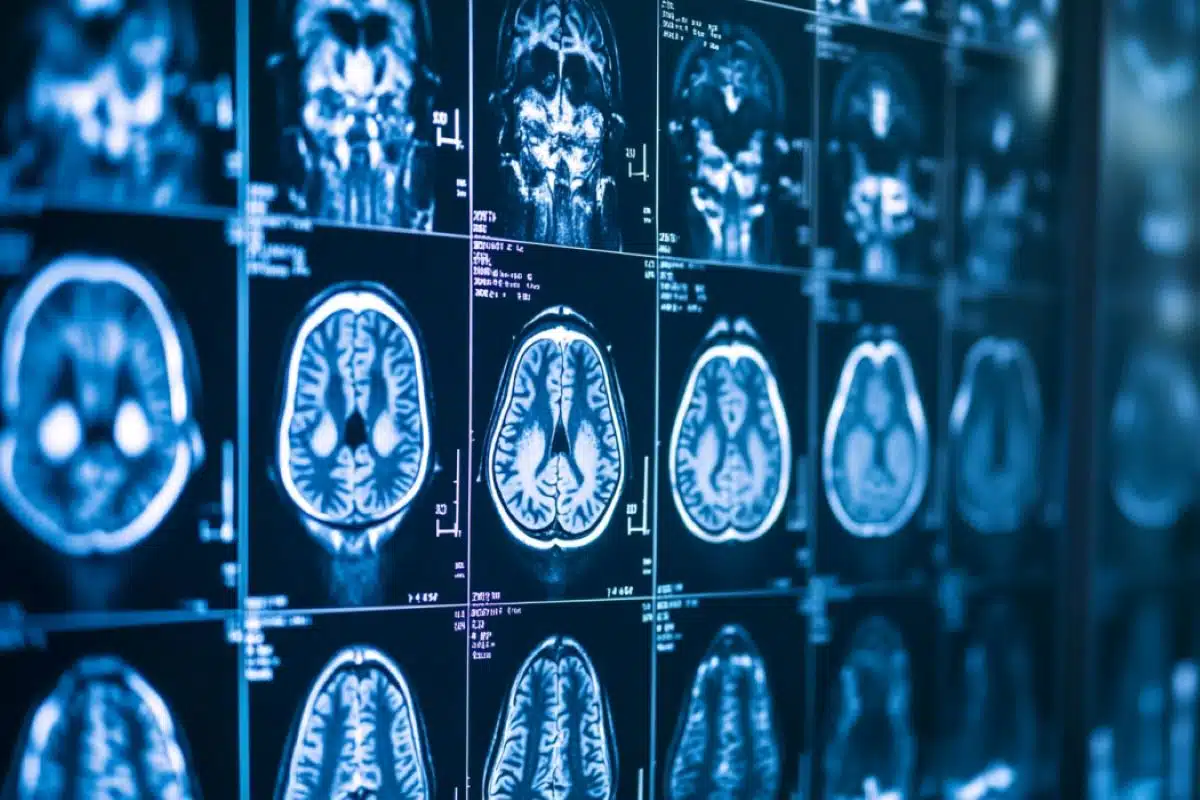Dr. Oluwatosin Akintola
Advancing neuro-oncology through clinical care, research, and education
.jpg)
Biography
From Stony Brook to Harvard to the University of Vermont, Dr. Akintola's journey shows her dedication to advancing neuro-oncology and patient care.

University of Vermont Medical Center, where Dr. Akintola practices
Education & Early Career
Dr. Oluwatosin O. Akintola began her academic journey at Stony Brook University, where she earned her B.S. in Health Sciences.
She continued her education at Columbia University, earning an M.S. in Human Nutrition, before pursuing her medical degree (MBBS) at the University of Limerick in Ireland.
Medical Training and Specialization
Dr. Akintola completed her Neurology Residency at SUNY Downstate Medical Center in Brooklyn, NY (2016-2019), where she developed expertise in diagnosing and treating a wide range of neurological disorders.
She then began a prestigious Neuro-oncology Fellowship at Massachusetts General Hospital and Dana-Farber Cancer Institute, affiliated with Harvard Medical School, which she completed in 2020.
Current Role and Practice
In 2020, Dr. Akintola joined the University of Vermont as an Assistant Professor of Neurological Sciences and as a practicing neuro-oncologist at UVM Medical Center.
Dr. Akintola is now a board-certified neurologist, and she specializes in treating patients with complex brain and spinal cord tumors.
Clinical Expertise and Teaching
She performs specialized procedures like lumbar punctures, intrathecal chemotherapy administration, and Ommaya reservoir access, providing critical, often life-saving care for patients with brain cancer.
Outside of her clinical practice, she's dedicated to education, teaching medical students and neurology residents, while actively contributing to clinical and translational neuroscience research.
She's known for her patient-centered approach to care, combining technical expertise with empathy.
Research & Contributions
Dr. Akintola's research focuses on brain tumors, neurocognitive effects of cancer treatment, tumor-related seizures, and advanced neuroimaging techniques.

AI-enhanced brain imaging, a focus of Dr. Akintola's research
Core Research Focus
Dr. Akintola's research spans several interconnected parts of neuro-oncology, with an emphasis on gliomas (brain tumors arising from glial cells), neurocognitive impairment from cancer or cancer treatments, seizures and epilepsy caused by brain tumors, and the application of neuroimaging and AI in diagnosing tumors.
Her interdisciplinary research combines her clinical expertise with cutting-edge research methodologies.
Key Studies & Publications
Glioma Reclassification (2020)
Dr. Akintola published a groundbreaking study analyzing IDH-wildtype astrocytomas reclassified as glioblastoma based on molecular markers, helping to clarify glioma diagnosis and prognosis.
Brain Volume Loss Study (2022)
Dr. Akintola led a study presented at the Society for Neuro-oncology conference demonstrating progressive brain volume loss in glioblastoma patients after chemoradiation, with implications for cognitive function.
Oligodendroglioma Chapter (2023)
She authored the comprehensive "Oligodendroglioma" chapter in a clinical neuro-oncology handbook, providing a helpful reference for physicians treating this specific glioma subtype.
AI in Tumor Imaging (2024)
As co-author of a paper in Radiology: AI, Dr. Akintola evaluated the effectiveness of deep learning AI models in detecting brain tumors in MRI scans.
Neuro-oncology Contributions
A significant focus of Dr. Akintola's research is investigating how cancer treatments affect brain structure and cognitive function to help improve patient quality of life during and after treatment.
She studies glioma-related epilepsy, addressing both seizure management and the broader symptom burden experienced by brain tumor patients.
Her work spans multiple disciplines: neuro-oncology, radiology, and computer science, enabling the development of practical imaging tools and treatment approaches that directly benefit tumor patients.
Impact & Recognition
Dr. Akintola's research is expanding the field's understanding of tumor biology, treatment side effects, and patient outcomes.
Her work bridges research and clinical care in neuro-oncology, ensuring scientific advances are translated into real improvements for patients.
Course Connection
Dr. Akintola's work is a great examples of the real-world applications of the fundamental neuroscience concepts we've learned about in class.
Glial Cells & Brain Tumors
Dr. Akintola's research into gliomas (astrocytomas, oligodendrogliomas) directly connects to the glial cell functions we learned about in module 2.
Her work shows how abnormalities in glial cells can lead to tumor formation.
Neural Signaling & Epilepsy
Her studies on glioma-related seizures are real-world examples of disrupted EPSP/IPSP and abnormal action potentials.
These examples show us what can happen when fundamental processes like action potentials that we learned about in module 3 "go wrong."
Neuroanatomy & Localization
Dr. Akintola's clinical work demonstrates how tumor symptoms depend on location (e.g., motor cortex, temporal lobe)—a real world application of the neuroanatomy we learned about in module 8.
Her research provides case examples of how specific brain regions, when affected by tumors, experience predictable neurological issues, helping us connect anatomical knowledge to real clinical cases.
Dr. Akintola's work bridges the gap between the concepts we learn about in class and real-world medical challenges.